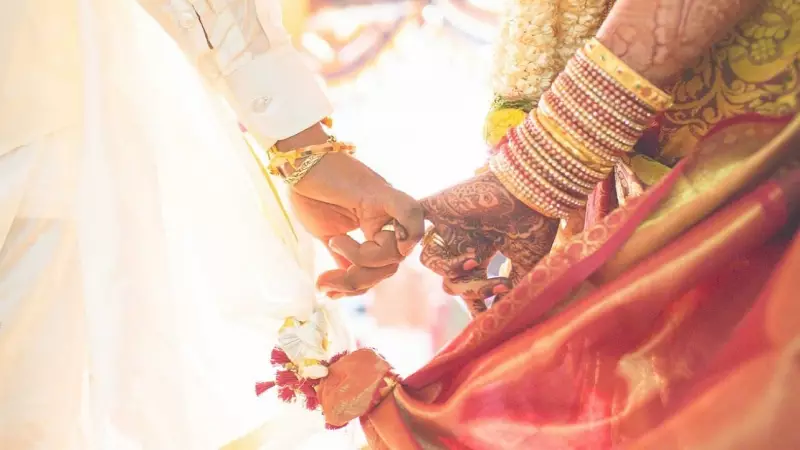
The recent Supreme Court verdict on marriage equality has left India's LGBTQ+ community at a critical crossroads. While the judgment didn't grant the right to marry, it has opened significant constitutional doors that could reshape the future of queer rights in the country.
The Constitutional Foundation Laid Bare
In a historic moment, the Supreme Court unanimously recognized that queer couples have the right to form relationships under Article 19(1)(a) of the Constitution. This establishes that the ability to choose one's partner is fundamental to personal liberty and freedom of expression.
More importantly, the court delivered a powerful 3:2 majority finding that discrimination based on sexual orientation violates Article 15 of the Constitution. This landmark interpretation explicitly brings sexual orientation under the protection against discrimination, creating a stronger legal foundation for future LGBTQ+ rights cases.
The Unfinished Business of Equality
Despite these constitutional victories, the practical reality remains challenging for same-sex couples. The court stopped short of granting legal marriage rights, leaving queer partners without crucial protections in areas like:
- Joint banking and financial operations
- Medical decision-making authority
- Inheritance rights and succession planning
- Insurance and pension benefits
- Legal recognition as next of kin
A Roadmap for Legislative Action
The judgment has effectively passed the baton to Parliament, urging lawmakers to create a legal framework that acknowledges and protects queer relationships. The court's detailed discussions provide clear guidance for potential legislation that could address the community's practical needs while respecting constitutional principles.
The Evolving Nature of Fundamental Rights
This verdict demonstrates how constitutional interpretation evolves with society. The court's expansive reading of Articles 15 and 19 shows that our fundamental rights framework can adapt to include marginalized communities that were historically excluded from legal protection.
What Comes Next for LGBTQ+ Rights?
The marriage equality case has ignited crucial conversations about equal citizenship that extend beyond marriage. The community and its allies now face the challenge of transforming these legal principles into tangible rights through continued advocacy, public education, and political engagement.
The path forward requires building on the constitutional foundation laid by this verdict while addressing the immediate practical needs of queer couples who remain legally vulnerable in their daily lives.






